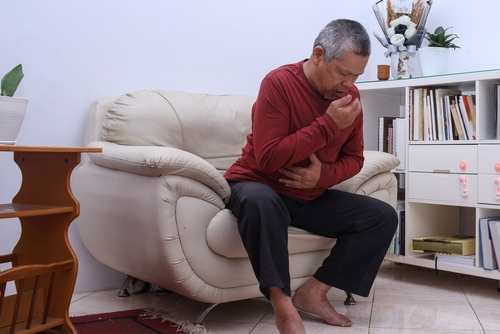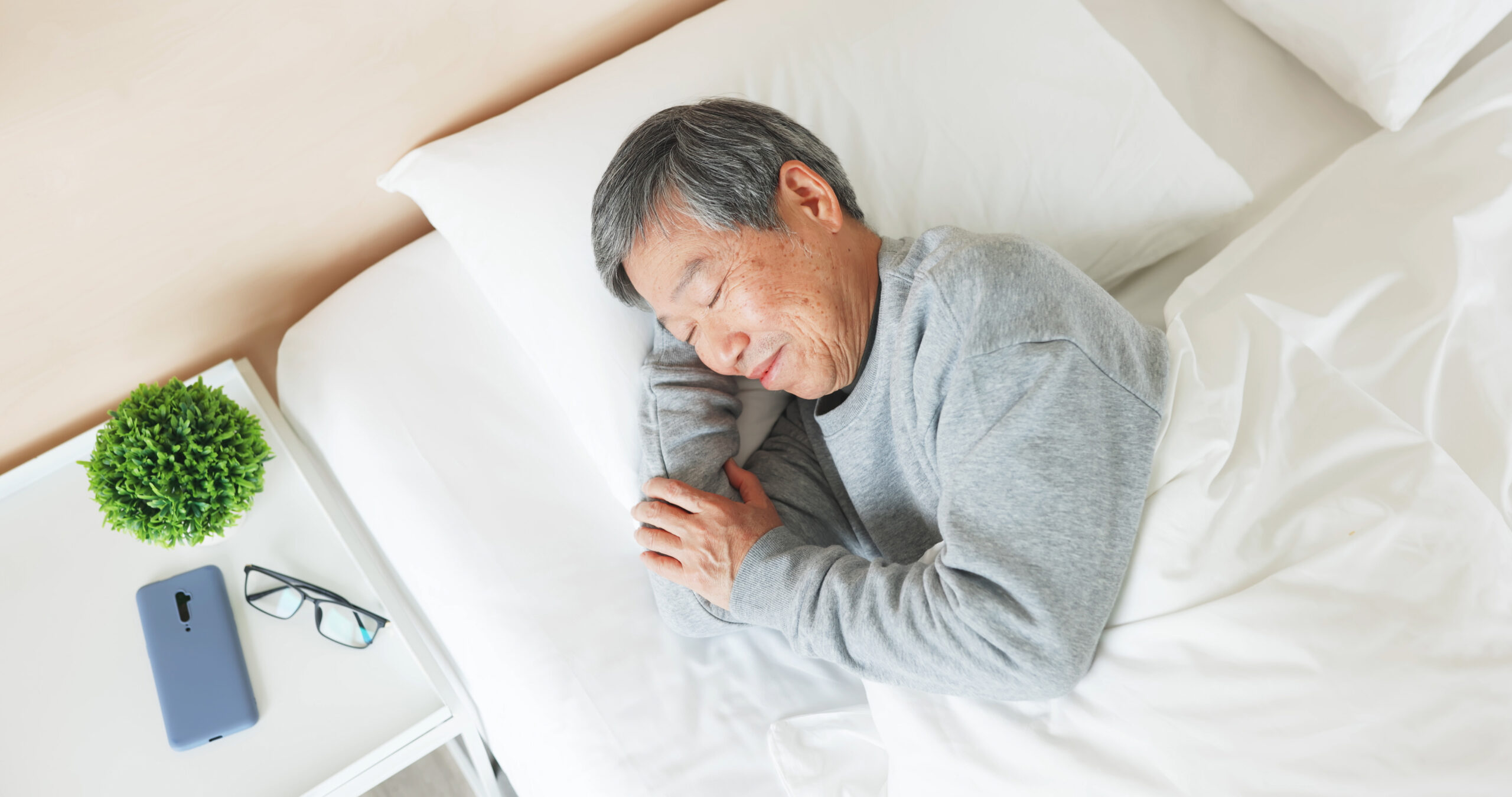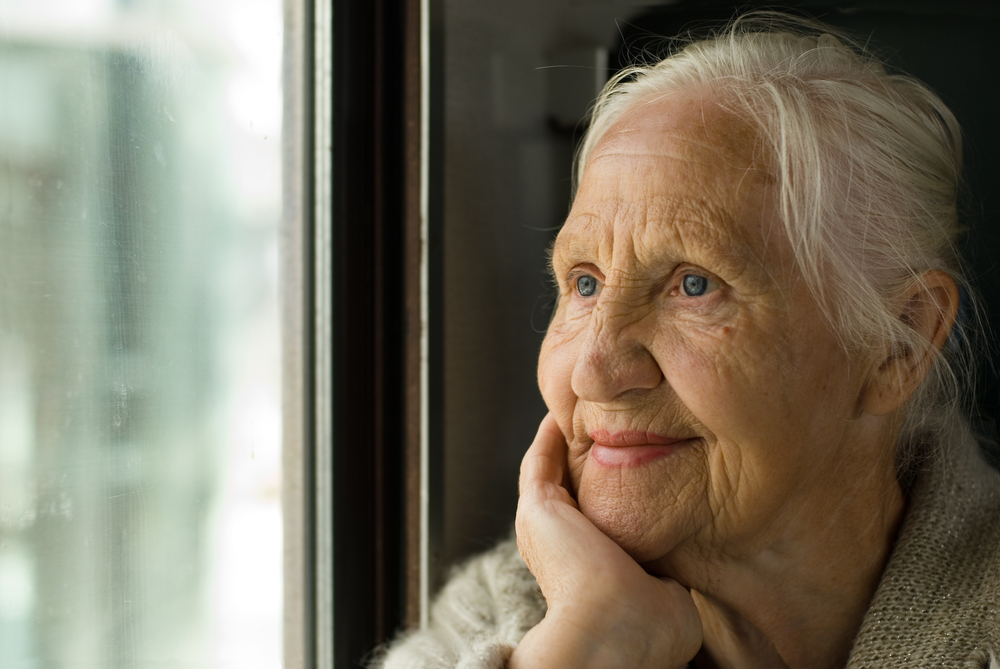What Causes Dry Heaves in Elderly Adults?
Category:

If you have never experienced the discomfort and fear caused by dry heaves, consider yourself lucky. The retching, gagging, and excessive saliva production is an unpleasant and sometimes scary feeling. Then there’s the anticipation of the condition returning without warning when you least expect it.
Having dry heaves in elderly adults is usually not dangerous, but it can be extremely unsettling, especially if you don’t know what’s causing it or how to stop it. Read on to find out what triggers the dry heaves and discover some ways to keep them from occurring.
So, what causes dry heaves in elderly adults?
Dry heaving is the feeling that you want to vomit, but nothing comes up. The gag reflex is triggered, and the diaphragm contracts, leaving you bent over the toilet, trying to expel whatever it is that made you sick, but you can’t.
Dry heaves, or to use the medical term, “retching” has many causes. You may have caught a whiff of something disgusting. Maybe you saw something that made you feel nauseated or sick to your stomach.
Perhaps you ate something that didn’t agree with you. The consumption of too much alcohol can also cause dry heaves. These triggers are easy to fix… just stay away from the offending substances.
Motion sickness can be another trigger for dry heaves. If you feel sick when traveling in a car, you should be sure to sit in the front seat. Backseat riders often experience motion sickness, which can lead to dry heaves. Avoiding reading, scrolling your phone, or eating while riding in the car to minimize the potential for dry heaves.
There are medical conditions that cause dry heaves in some people. The most common conditions that seem to trigger an episode are:
GERD: (Gastroesophageal Reflux Disease) One of the early signs of GERD is attempting to throw up without regurgitating. If you feel like you have to throw up after eating and you are not sick, you may be suffering from GERD.
Hiatal Hernia: If you have heartburn, nausea, vomiting, dry heaves, chest pain, or burning, you should be checked for a hiatal hernia.
Anxiety and Panic Attacks: Untreated anxiety or panic attacks can result in dry heaves, shaking, fear of losing control, and feeling like you’re choking. The symptoms can be relieved by seeking treatment for your anxiety.
Food Poisoning or Food Allergies can cause dry heaves and vomiting. If you have those symptoms, as well as stomach cramping and diarrhea, you may have ingested food that you are allergic to, or that was contaminated.
Pancreas, Liver, and Kidney Disorders are very serious medical conditions that may cause dry heaves and vomiting.
As you can see, there are many causes of dry heaves in elderly adults. Any time you have symptoms that are concerning, you should seek the advice of your physician to get an accurate diagnosis, especially if the symptoms persist and interfere with your daily life.
Treatment for dry heaves will vary depending on the cause of the condition and circumstances that may have prompted the episode. Click here for some treatment suggestions for dry heaves.
Subscribe
Date: April 13, 2023
Category:


